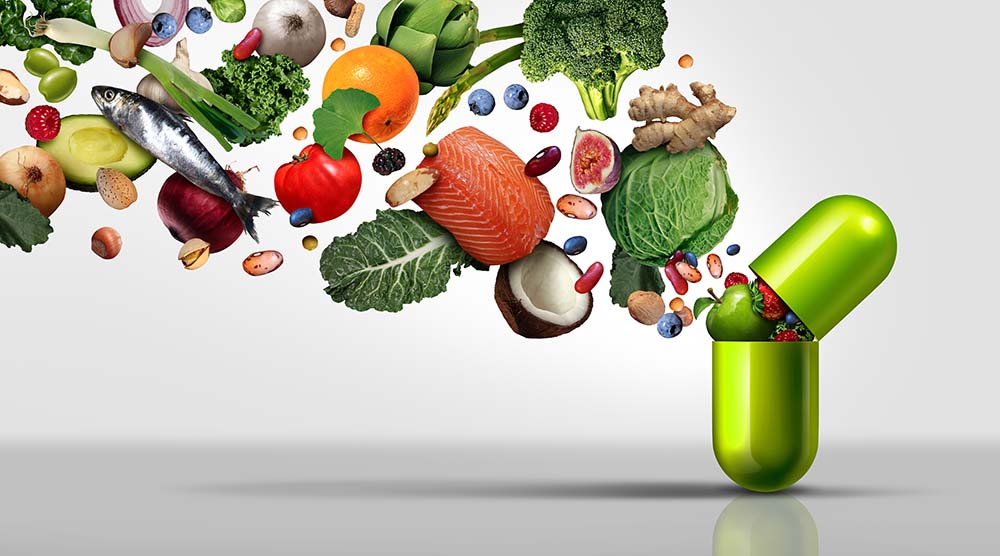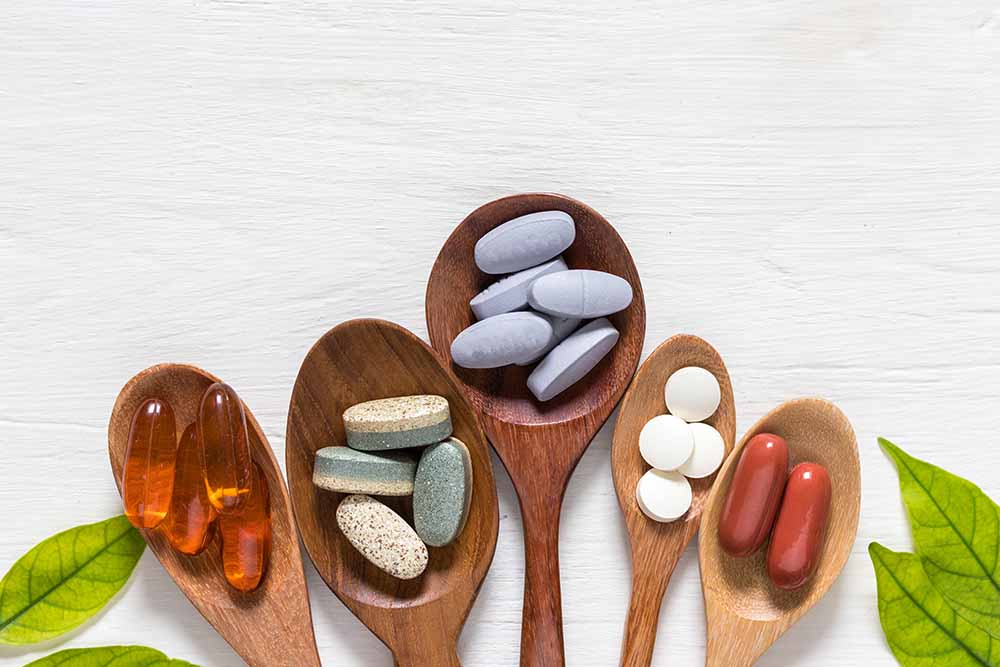Vitamins are vital organic compounds found in natural foods, essential for maintaining optimal health and well-being. They play a fundamental role in various bodily functions, and inadequate intake of any particular vitamin can increase the risk of health issues.

What are Vitamins?
Dr. Anuj Shah, MBBS MS DrNB surgical oncologist from Basavatarakam Indo American Cancer Hospital and Research Institute, Hyderabad says ‘Vitamins are organic molecules containing carbon that are crucial for normal growth, metabolism, and overall health. While they do not provide energy like carbohydrates, fats, and proteins, vitamins act as coenzymes or cofactors, assisting enzymes in various metabolic reactions within the body. These reactions are essential for the efficient functioning of the body's biochemical processes.’
Vitamins are the building blocks of a healthy diet, supporting various bodily functions that contribute to overall well-being. Dr Shah sheds light on whether these vitamins are water-soluble or fat-soluble, these essential nutrients should be obtained through a balanced diet. Understanding the roles of the 13 recognised vitamins empowers individuals to make informed dietary choices and prioritise their health. Always consult a healthcare professional or registered dietitian before making significant changes to your diet or considering vitamin supplements to ensure a balanced and healthy intake.

Water-Soluble Vitamins:
Water-soluble vitamins include vitamin C and the B-complex vitamins (B1, B2, B3, B5, B6, B7, B9, and B12). These vitamins are not stored in the body to a significant extent and must be obtained regularly through the diet.
Fat-Soluble Vitamins:
Fat-soluble vitamins comprise vitamins A, D, E, and K. Unlike water-soluble vitamins, fat-soluble vitamins are stored in the body's fatty tissues and liver, and excess intake can lead to toxicity over time.

Dr Anuj helps us understand the roles of each vitamin
· Vitamin A (Retinol): Essential for eye health, vitamin A can be found in liver, carrots, spinach, and milk.
· Vitamin B1 (Thiamine): Aids in blood sugar metabolism and is sourced from yeast, pork, and whole grains.
· Vitamin B2 (Riboflavin): Supports cell growth and can be found in bananas and dairy products.
· Vitamin B3 (Niacin): Crucial for cell growth, niacin is present in chicken, tuna, and legumes.
· Vitamin B5 (Pantothenic Acid): Involved in energy production and sourced from meats and avocados.
· Vitamin B6 (Pyridoxine): Vital for red blood cell formation, with sources including chickpeas and nuts.
· Vitamin B7 (Biotin): Supports metabolism and is found in eggs and spinach.
· Vitamin B9 (Folate): Essential for DNA synthesis, folate can be obtained from leafy greens and legumes.
· Vitamin B12 (Cobalamin): Crucial for nerve health, this vitamin can be sourced from animal products and fortified foods.
· Vitamin C (Ascorbic Acid): Promotes collagen production, wound healing, and immune support, with sources including citrus fruits and vegetables.
· Vitamin D (Calciferol): Necessary for proper bone mineralization, it can be produced through sunlight exposure and found in fatty fish and eggs.
· Vitamin E (Tocopherol): Acts as an antioxidant, combating oxidative stress and is present in wheat germ, nuts, and vegetable oils.
· Vitamin K (Phylloquinone): Vital for blood clotting, vitamin K is found in foods like leafy greens and figs.
